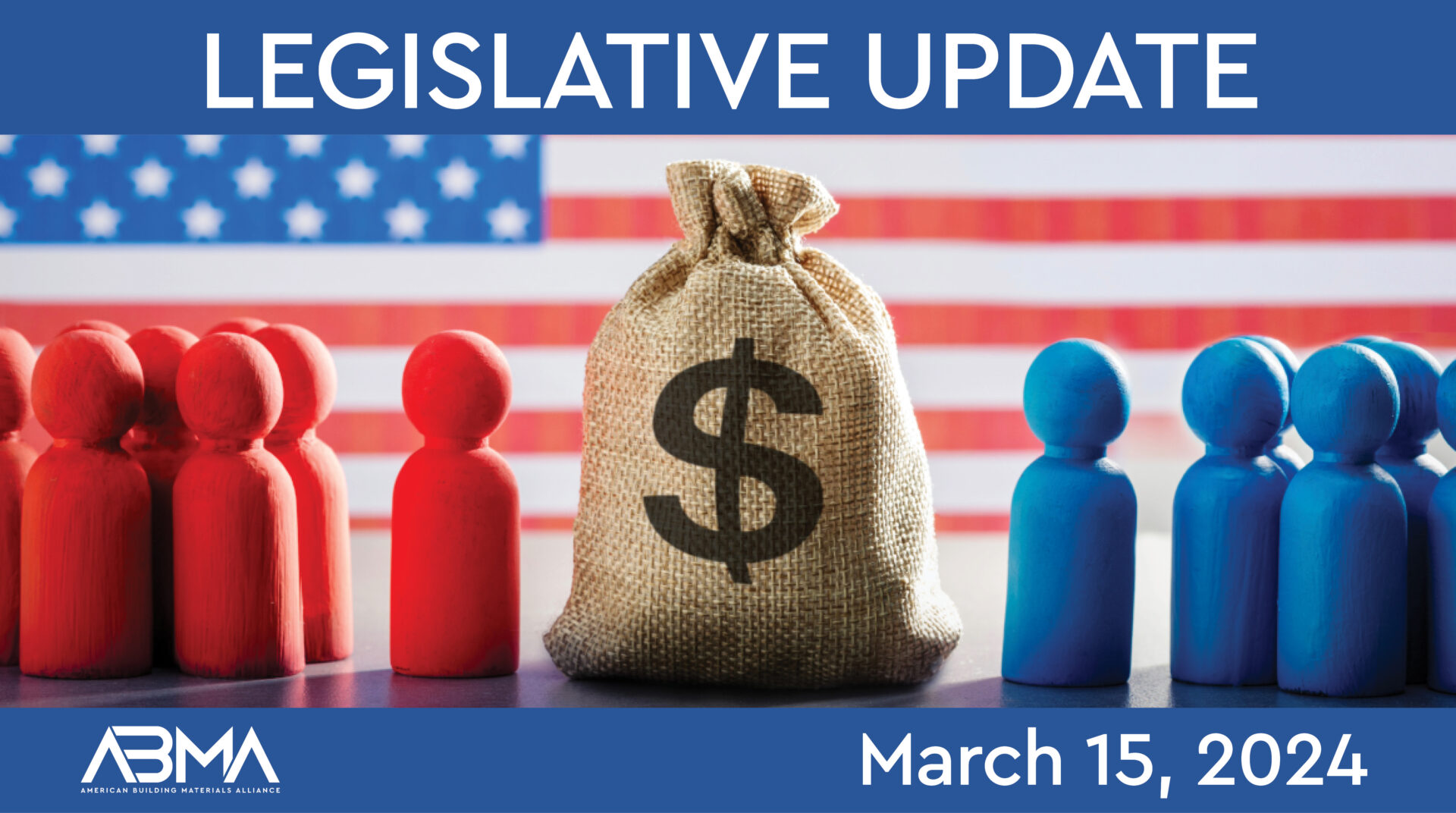Senate Hearing Highlights Urgency for Tax Package Action
On Tuesday, the Senate Finance Committee held a hearing titled American Made: Growing U.S. Manufacturing through the Tax Code. Chairman Ron Wyden’s (D-OR) opening remarks were notable in that he highlighted his frustration over the Senate’s lack of action on the tax package that passed the House overwhelmingly earlier this year. The slate of witnesses echoed the same sentiment with CEOs from manufacturing companies and a labor union representative extolling the virtues of the business tax provisions in the package.
The timing of this hearing is interesting as influential Senate Republicans are beginning to publicly peel away from GOP opposition to the proposal. Senators Steve Daines (R-MT) and Todd Young (R-IN) are the latest to signal that they would vote for the House-passed measure, which revives retroactively the 100 percent bonus depreciation benefit, the research and development tax credit, increases the limitations on expensing depreciable business assets under Sec. 179 and enhances interest expense deductibility provisions. In our discussions with Senate offices on both sides of the aisle, indications are that the package would easily clear the 60-vote threshold on the Senate floor if a vote were scheduled on the house bill—H.R. 7024. We are surmising that this hearing was held to further solidify the case for action on the tax package and that Leader Schumer is pondering bringing the bill up for a floor vote in the near future. We will keep you apprised of developments.
Biden’s FY 2025 Budget Prioritizes Workforce Development
On Tuesday, the Biden Administration unveiled its budget for Fiscal Year 2025. As is typical with every administration, the annual budget release ritual is more of a messaging exercise about the current President’s aspirational policy priorities. The Biden Administration’s FY 2025 budget follows this script. That said there are some notable items in the document around workforce development. For one, the budget provides $200 million to launch the Sectoral Employment through Career Training for Occupational Readiness (SECTOR) program, which will seed and scale a comprehensive approach to sector partnerships, needed wraparound services and training programs focused on growing industries that lead to job placement in a high-quality job.
The Budget also provides an increase of $50 million in apprenticeship programs, for a total of $335 million. This funding will expand access to Registered Apprenticeships, with a particular focus on directing apprenticeship resources toward increasing the number of workers from historically underrepresented groups. ABMA continues to sort through the language in the President’s budget submissions and will follow relevant items in the proposal as the appropriations process for FY 2025 commences.
Executive Order on Registered Apprenticeships
Late last week, the Biden Administration issued an Executive Order (EO) to promote and expand use of registered apprenticeships. That EO may be found here.
The focus of this EO is the federal workforce. It calls for federal departments and agencies to take steps to utilize Registered Apprenticeship programs to train and develop incumbent workers and candidates for employment so that they obtain the skills necessary to meet the current and emerging needs of the federal workforce.
Congressional Review of DOL’s Worker Classification Rule
Congressman Kevin Kiley (R-CA) and Senator Bill Cassidy (R-LA), along with 54 cosponsors, introduced a Congressional Review Act (CRA) resolution to overturn the recent Department of Labor’s (DOL) final rule at redefines how employers classify workers as independent contractors.
Senator Cassidy stated that rule “cost millions of independent professionals across the country their livelihoods while restricting the freedom of many millions more to have flexible work arrangements.” House
Education and the Workforce Committee Chairwoman Virginia Foxx had this to say: “The bicameral Congressional Review Act resolution led by Representative Kiley and Senator Cassidy offers Congress the opportunity to take a unified stand against the Department’s thirst for more government control over America’s workforce. Entrepreneurial opportunities and flexibility should be encouraged, not extinguished with heavy-handed mandates from the federal government.”
Several business organizations are challenging the rule in court including the US Chamber of Commerce and the American Trucking Association (ATA). As we have noted in previous updates on the IC rule, the independent contractor model is popular in the trucking sector. If this rule is allowed to stand in its current form, many contractors in service roles across the economy would be reclassified as “employees,” threatening business models in every link of the supply chain.




